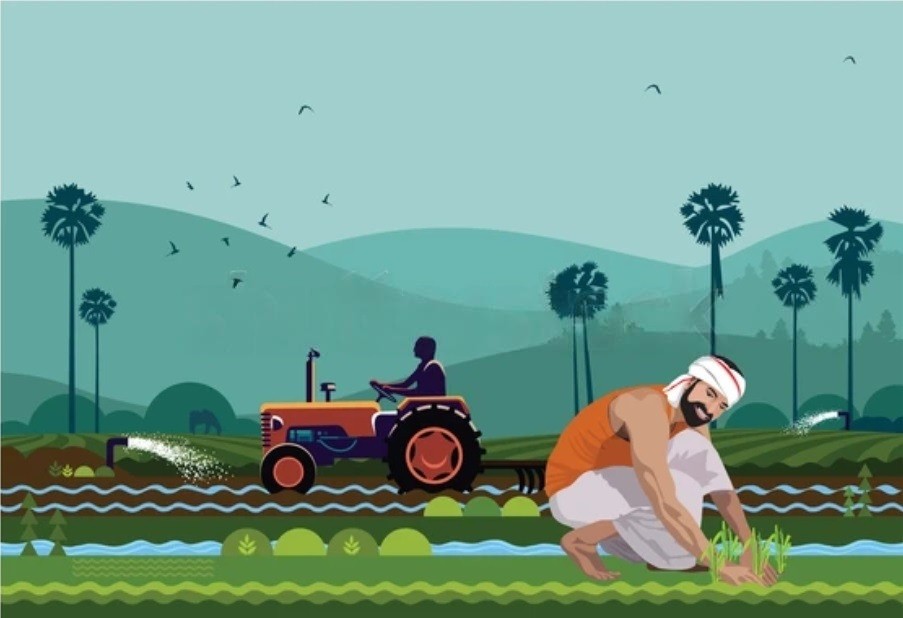Farming is not only a means of food production but also a strong uniting force that creates cooperation and reinforces community bonds. Whether it’s in traditional rural settings or in modern urban farming initiatives, agriculture brings people together in ways that are mutually beneficial to social relationships and local economies.
Farming as a Social Tied Activity
By its very nature, farming involves cooperation. The small rural villages where farming tends to take place often require family and neighbors to pool their resources during planting and harvesting seasons. Families and their neighbors come together to work on the land in a deep dependency and trust-building relationship. Relationships are strengthened while a culture of shared responsibility builds.
Apart from the fields, local farmers’ markets serve as convergence sites where people do not only purchase fresh produces but also share stories, ideas, and support. Strong social ties are created between farmers and consumers through these markets, ensuring feelings of belonging and appreciation for local food production. Customers learn about their food origins, and producers receive valuable feedback and encouragement.
Community Gardens: Sowing Beyond Produce
Community gardens serve as an exciting way to promote community involvement while cultivating fruits and vegetables. Typically located in cities with less than average open areas, these plots allow different residents to get along, share experience, and utilize each other’s tools. As people tend their plots collectively, they secure access to healthier foods and, of course, better friendships and relationships in the community.
Cultural Heritage and Traditions in Agriculture
Farmers have, for long periods of time, been linked with cultural traditions. Communities have numerous festivals to commemorate the start of planting or celebrate harvest time. These are a legacy that have been passed on through generations as ways of remembering old methods of farming. Other activities that cement this connection are harvest festivals, seed swaps, and seasonal fairs.
Farming as Learning Resource
Agriculture is a significant source of learning for both children and adults. Most schools collaborate with the local farms so that students learn the concept of consuming food sustainably. Hands-on farming experiences teach children many things they learn about the environment, nutrition, and hard work, leading to responsible younger generations. Volunteer experiences on farms give people the ability to reconnect with nature while also making a contribution to their community.
Farming networks create resilience
Farming communities display unusually high resilience, particularly during disturbed times. In the face of disastrous weather conditions, economic depression, or famine food, farmers and their networks come together to provide mutual support. Local food cooperatives and mutual aid groups form during difficult times, with no one left behind. This sense of solidarity assists in confirming that farming is not just a job, but a way of life that brings people together.
Farming is a vital social pillar that goes far beyond food production. It fosters deep relationships, strengthens community resilience, and preserves cultural heritage. Whether through rural traditions, urban gardening, or farmers’ markets, agriculture continues to play a fundamental role in uniting people. By supporting local farming initiatives, participating in community agriculture programs, and recognizing the value of collective food production, we can all contribute to building more connected, supportive, and sustainable communities.


